Description
Beta carotene
Viridian Beta-carotene is a red-orange pigment found in many fruits and vegetables. It is a precursor to vitamin A, meaning the body converts it into active vitamin A (retinol) as needed. Beta-carotene is well-known for its antioxidant properties and its role in maintaining good health. Here’s a detailed look at its benefits:
Health Benefits of Beta-Carotene
1. Supports Eye Health and Vision
- Beta-carotene is converted into vitamin A, which is essential for maintaining healthy vision, particularly night vision.
- Helps prevent eye disorders like night blindness, dry eyes, and age-related macular degeneration (AMD).
2. Acts as a Powerful Antioxidant
- Beta-carotene neutralizes free radicals, protecting cells from oxidative stress that can lead to chronic diseases like cancer, heart disease, and aging-related conditions.
3. Boosts Immune System
- Vitamin A derived from beta-carotene supports the production of white blood cells, which are crucial for fighting infections and maintaining overall immunity.
4. Promotes Skin Health
- Beta-carotene helps protect the skin from UV-induced damage, reducing sunburn risk and promoting a healthy, glowing complexion.
- Supports the production of new skin cells and may improve conditions like acne or eczema.
5. Reduces Risk of Chronic Diseases
- The antioxidant properties help reduce the risk of chronic illnesses, including cardiovascular diseases and certain cancers, by protecting cells from DNA damage.
6. Supports Respiratory Health
- Studies suggest that beta-carotene may help improve lung function and reduce the risk of respiratory disorders like asthma and chronic obstructive pulmonary disease (COPD).
7. Aids in Reproductive Health
- Vitamin A derived from beta-carotene is crucial for reproductive health in both men and women. It supports sperm production and ensures healthy fetal development during pregnancy.
8. Supports Brain Health
- The antioxidant properties of beta-carotene help reduce oxidative stress in the brain, potentially lowering the risk of cognitive decline and conditions like Alzheimer’s disease.
9. Improves Heart Health
- Beta-carotene helps lower oxidative stress in the cardiovascular system, which can reduce the risk of atherosclerosis and improve overall heart health.
Natural Sources of Beta-Carotene
- Fruits: Carrots, sweet potatoes, mangoes, papayas, cantaloupes.
- Vegetables: Spinach, kale, broccoli, pumpkin, red peppers.
- Other Sources: Fortified foods or beta-carotene supplements.
Who Can Benefit from Beta-Carotene?
- People with Vitamin A Deficiency: Helps fulfill vitamin A requirements naturally.
- Those with Eye Strain or Vision Problems: Reduces risk of degenerative eye conditions.
- Individuals with High Oxidative Stress: Smokers or those exposed to pollution may benefit from its antioxidant properties.
- Skin Enthusiasts: Promotes radiant, healthy skin.
- Pregnant Women: Supports fetal development, but intake should be monitored to avoid excessive vitamin A.
Precautions
- Balance is Key: Excessive beta-carotene supplementation may lead to carotenemia (yellow-orange skin discoloration) or an increased risk of lung cancer in smokers.
- Diet Over Supplements: It’s better to obtain beta-carotene from natural food sources rather than relying solely on supplements.
Would you like tips on incorporating beta-carotene-rich foods into your diet or recommendations for supplements?
One vegan capsule provides:
| Ingredient | Weight | %EC NRV |
|---|---|---|
| Natural Beta Carotene/Carotenoid Mix (from D.salina) | 15mg | |
| Providing (typical analysis): | ||
| Beta Carotene 15mg | ||
| Cryptoxanthin 117ug | ||
| Alpha Carotene 474ug | ||
| Zeaxanthin 96ug | ||
| Lutein 75ug | ||
| in a base of alfalfa, spirulina and bilberry |

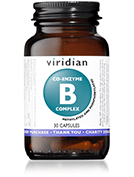
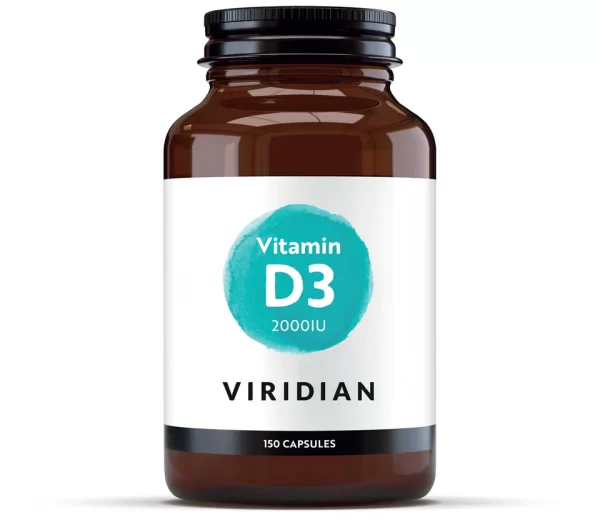
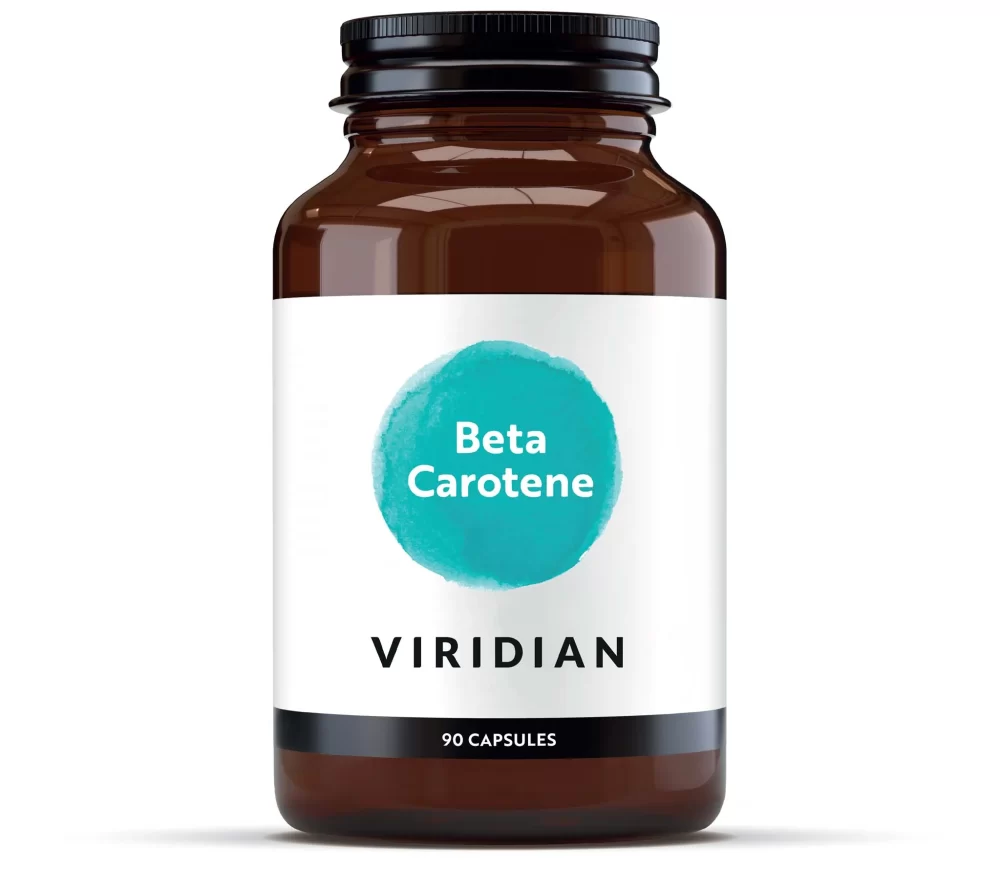
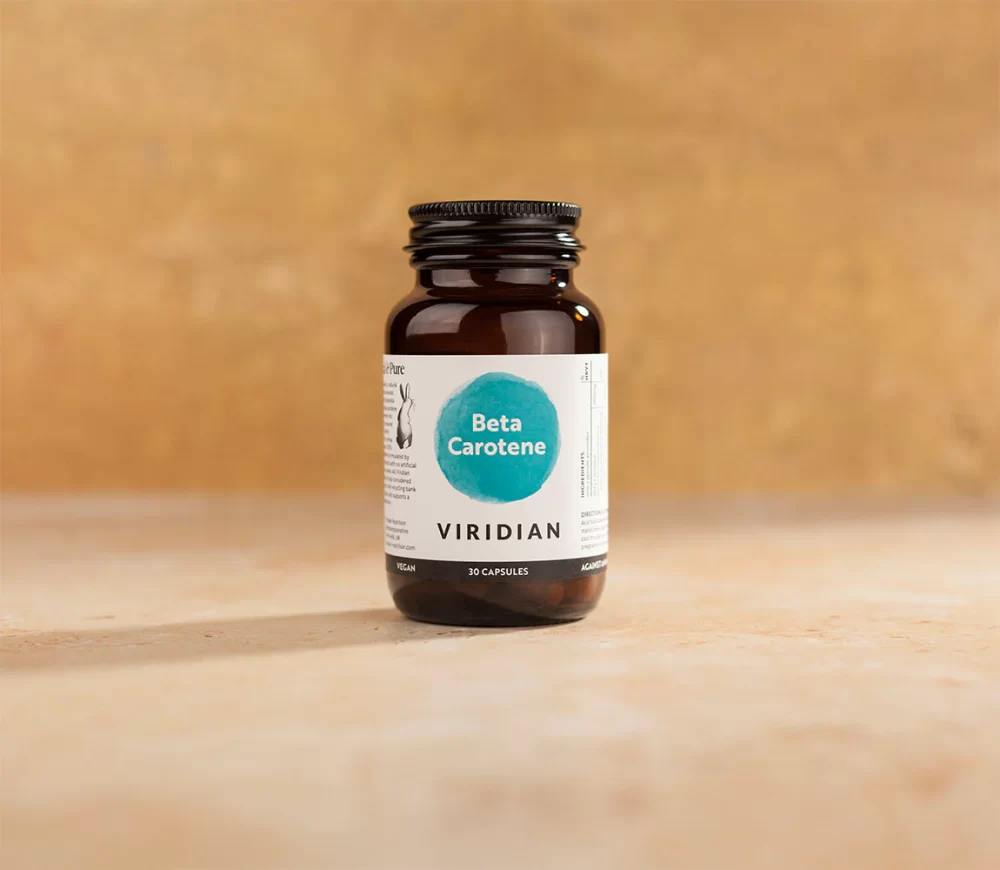
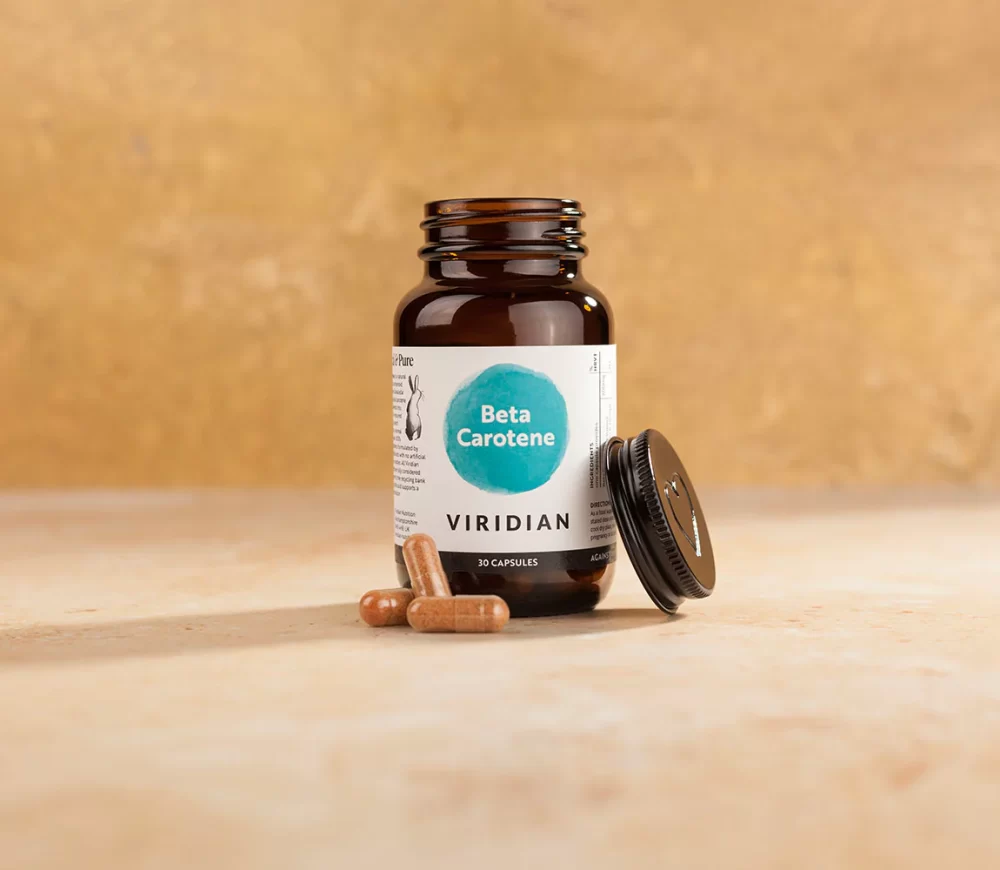
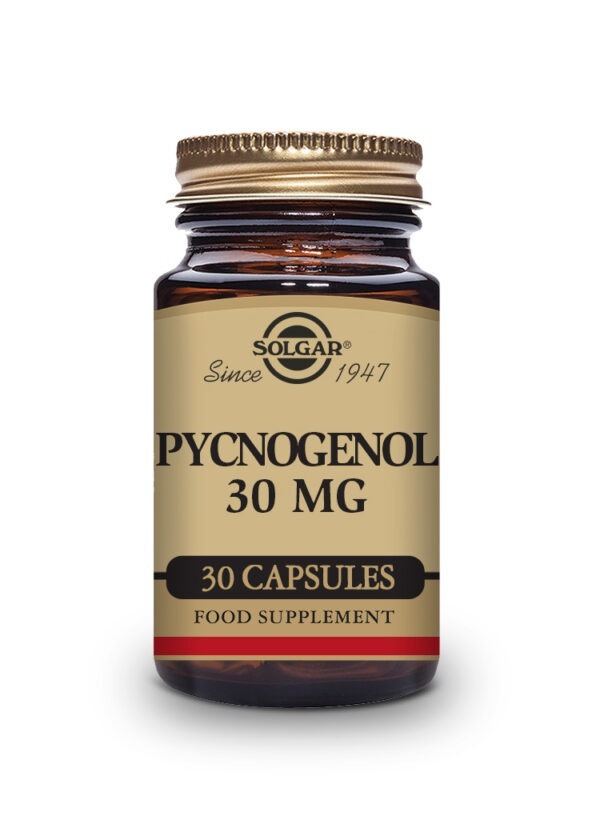
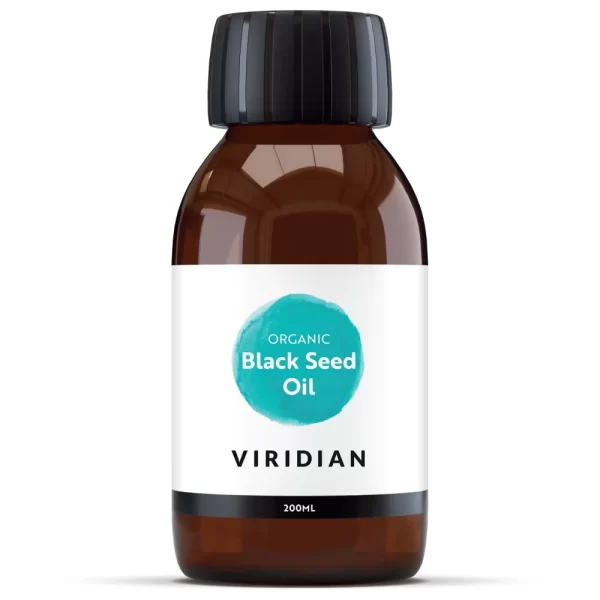
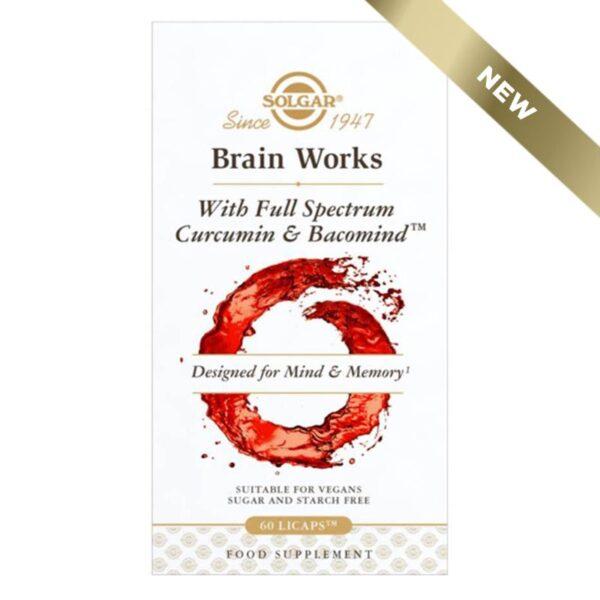
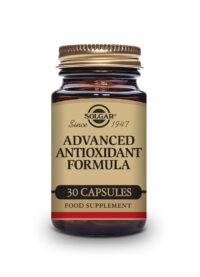
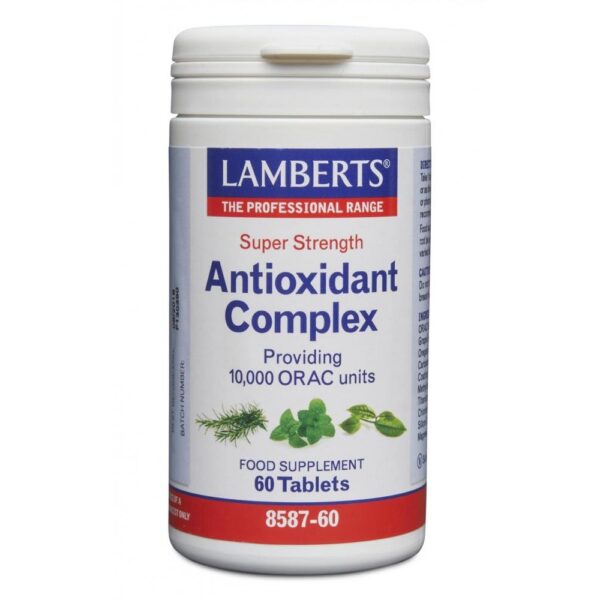
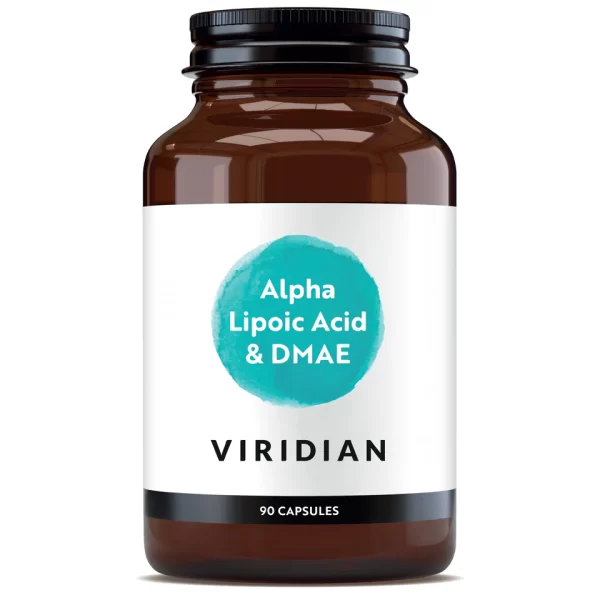
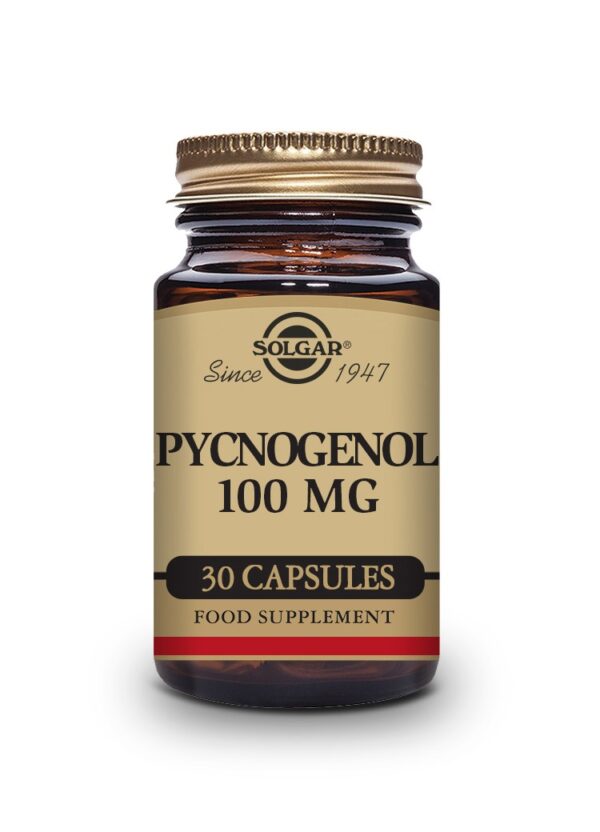
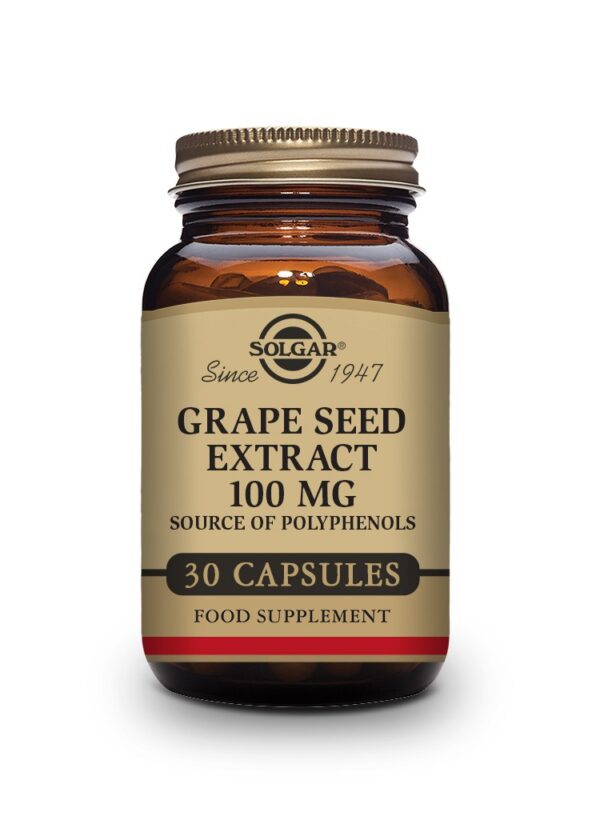
Reviews
There are no reviews yet.